This article discusses 19 of the most common mistakes rookie backpackers make and gives you life-hacks on how you can avoid them.
Let’s get right into it:
Table of Contents
- At Home Mistakes
- #1. Packing Too Much
- #2. Not Packing Enough Food
- #3. Not Testing Gear Before your Backpacking Trip
- #4. Choosing the Wrong Footwear
- #5. Buying a Low-Quality Backpack
- #6. Bringing Random Outdoor Clothing and Expecting it to Perform
- #8. Expecting Everything to Go as Planned and Forgetting to Write a Safety Trip Plan
- On-Trail Mistakes
- #9. Overestimating your Hiking Abilities
- #10. Not Understanding Proper Outdoor Navigation
- #11. Sleeping with Scented or Smelly Products
- #12. Disregarding Foot Care While Hiking
- #13. Not Using Trekking Poles
- #14. Going Too Cheap on Accommodation
- #15. Ignoring Leave No Trace Policy
- #16. Bringing Only One Method of Water Purification
- #17. Using up Mobile Power Too Fast
- #18. Not Learning Basic Survival Skills
- #19. Going Off the Hiking Trail
- Now Go Forth and Enjoy your First Backpacking Trip
At Home Mistakes
#1. Packing Too Much
This is one of the most common mistakes rookie backpackers make.
- When packing for your first overnight backpacking trip, avoid carrying heavy items like binoculars and bulky cameras if possible.
- Avoid carrying canned or wet food. Instead pack dry foodstuffs such as oatmeal, granola, and instant noodles.
- Another way to reduce your load is to eliminate spare clothes from your gear list. Most experienced backpackers will tell you that they often wear the same clothes for three to four days without changing.
- However, by eliminating spare clothes, don’t remove underwear and socks. Always make sure to carry enough underwear and socks.
- Another tip to help you reduce your load is to invest in lightweight gear. Even though expensive, an initial investment in a lightweight sleeping bag will drastically cut down on your load.
- Another tip is to share some gear with travel partners. You don’t need your own stove or water filter. You can share this with a friend, which helps you split the weight.
- When packing, make sure to consider the weight of water.
By implementing the above tips, you’ll be able to achieve the recommended backpack weight of 20% of your body weight.
#2. Not Packing Enough Food
Another common mistake rookie backpackers will make is in meal planning. Most beginner backpackers will either carry too much or too little food.
Part of the reason for this is that most rookies don’t know how much food they’ll need during their hikes. They also don’t know the best foodstuff to carry.
- To avoid overpacking or under packing food, you first need to know how many calories you’re likely to use during the hike. On average, you’ll likely burn between 3000-6000 calories every day you hike.
- When packing food, aim to bring at least 2500 calories per day.
- Another tip to remember when packing food is to avoid too much diet food. Instead, focus on adding carbohydrate and fat-rich foods.
With backpacking, you don’t have to worry about weight gain. In most instances, you’ll have burnt through the carbs and fats even before your trip ends.
#3. Not Testing Gear Before your Backpacking Trip
This was one of my biggest mistakes most people make.
You go out, buy all the needed gear, but don't take time to test it out. This mistake would prove costly on your first day on the trail. Uncomfortable boots, ill-fitting gear, not knowing how to use water filters – all this might lead to really unpleasant consequences.
- To avoid such embarrassment and pain, test out your gear before embarking on your maiden excursion.
- Test out your new boots at the local hiking trails to make sure you can walk with them on a multi-day trip.
- When it comes to gear, do ample research, play around with gear at home to make sure you have a clear understanding of how they work.
#4. Choosing the Wrong Footwear
It’s not uncommon to come across newbie backpackers with shoes not meant for hiking. To them, backpacking ends up being a painful experience.
Don’t be like these people.
- When shopping for shoes, make sure you choose the right footwear for you. This could be one of the following
- Hiking boots
- Hiking shoes
- Running shoes
- Hiking sandals
- Always make sure your backpacking shoes are a size larger than your standard shoe size.

#5. Buying a Low-Quality Backpack
One of the most essential items in your arsenal is your backpack – it determines what you’re going to carry, as well as your comfort during the trip.
This is why you need to invest in a high-quality backpack.
However, most newbies will buy the first bag they come across. For some, it’s due to financial constraints, while for others, it’s due to not knowing what to look for in a backpack.
When it comes to choosing a backpack, consider the following aspects:
- Waterproof capability
- Size (Your backpack should be the size of your torso)
- Number of compartments
- Breathability of back and strap material
- Durability
- Back support to help prevent overloading your back.
#6. Bringing Random Outdoor Clothing and Expecting it to Perform
This is another common mistake I see many backpackers make during their first hiking excursion. Most rookie backpackers will walk into a store and will most probably buy clothing based on their style preferences and not how well the clothes are likely to perform during the backpacking trip.
We’ve previously come across backpackers who came for their trip dressed in shorts, a cotton tank top/ t-shirt, and a denim jacket. While this is fine for a day trip, shorts, cotton tank tops, and denim jackets wouldn’t be sufficient for an overnight backpacking trip.
- For starters, shorts and denim don’t offer much protection from the cold. You’ll be freezing at night and in the early morning.
- Cotton clothing is also a no because it’s highly absorbent and doesn’t dry quickly. Any moisture on your skin is likely to get absorbed, which may result in you being very uncomfortable during the hike.
- Rather than buying random clothing for your backpacking trip, look for clothes designed for backpacking. Such clothes are usually water-resistant, less likely to rip, and are bound to provide comfort during your long hiking trip.
Northbound gear designs such apparel. At Northbound, we create innovative, durable, comfortable, and stylish outdoor clothing to enhance your next outdoor adventure.
#7. Forgetting Emergency Supplies
On the opposite side of rookie backpackers who pack too much stuff, there are those who pack too little and end up forgetting or leaving out essential supplies.
It’s not uncommon to come across backpackers stranded in the rain after they ditched their rain layer in a bid to go extra light.
Don’t be like these backpackers.
- One of the best ways to ensure you pack every essential needed for your first trip is to have a checklist. When packing, confirm and counter confirm that you have everything on your list.
Not sure what to include in your checklist. Here’s a list of ten essential supplies to bring on your first trip.
#8. Expecting Everything to Go as Planned and Forgetting to Write a Safety Trip Plan
Many beginner backpackers have a mentality that everything will be perfect. This mentality results in them not creating a safety trip plan.
However, as any experienced backpacker will tell you, things never go as you’d planned. Despite all the preparation, something’s bound to go wrong at one point.
So, when planning your first backpacking trip, have in mind that things may not go as planned.
- In response to this realization, make sure you write a safety trip plan. With such a plan, your family will know where you are and what to do in an emergency.
- In your plan, include:
- A description of your hiking route
- Information on people you’re travelling with
- Information on when you expect to be back and what to be done in case you’re not back
- Emergency contact information.
On-Trail Mistakes
#9. Overestimating your Hiking Abilities
Before your first backpacking trip, you might think to yourself, “I’m a relatively active person. I work out, go for walks. Hiking won’t be that hard.” But this is a tricky thought that might make you overestimate your hiking abilities.
- When planning your first backpacking trip, make sure you don’t overestimate your hiking abilities.
- Take time and study topographical maps to gain an understanding of the region. This way, you’ll have a better idea of how to plan your daily mileage.
- If you’re like most rookie backpackers, you’ll probably want to keep your daily mileage between 3-10 miles.
#10. Not Understanding Proper Outdoor Navigation
One of the worst things that’d happen to you when backpacking is getting lost. It’s not uncommon to hear news of lost or missing hikers.
One of the reasons why this happens is due to a poor understanding of outdoor navigation.
- Before going on your trip, make sure you learn how to read a TOPO map correctly.
- You should also have a clear understanding of using GPS devices.
- If you plan to carry digital maps, make sure to also to have paper copies of the same.
And that’s not all!
- Make sure to study your maps before heading out. This ensures near impeccable planning of your daily mileage and a better understanding of the hiking trail.
- When hiking, make sure to have your map close by for reference. Anytime you take a turn, refer to your map to make sure you’re on the right trail.
- Other than maps, make sure you learn how to use a compass.
#11. Sleeping with Scented or Smelly Products
This is usually a mistake made on the first night of a backpacking trip. On most occasions, newbie backpackers will forget to put all scented products in an odour-proof bag or bear can when going to sleep.
Making this mistake may prove costly as a bear or other animals may come sniffing around (bears can smell food 20 miles away).
- To avoid such scenarios, make sure you put every smelly item in an odour-proof bag or bear can before you go to sleep. Such products may include:
- Sunscreen
- Hygiene wipes
- Lotion
- Empty food wrappers (Be sure to check your pockets for any empty food wrappers)
- Toothpaste
- Hang your odour bag, or bear can off ground at least 200 feet from the camp.

#12. Disregarding Foot Care While Hiking
This mistake might ruin your first backpacking trip. From waiting until the actual hike to break into your hiking boots to forgetting to change your socks during long hiking trips, any disregard may lead to sores and blisters.
- To avoid blisters, make sure to test out your hiking boots before the actual hike.
- Make sure also to bring water-proof breathable socks for long walks.
- When hiking, change your socks frequently. Frequent socks change prevents them from being soaked in sweat, which in turn reduces the risk of painful blisters.
- Keep your feet clean and dry to avoid blisters. At the end of the day, wash your feet, and let them air dry.
- And in case of blisters, address them early before they become open wounds.
#13. Not Using Trekking Poles
Using trekking poles helps protect your knees from undue pressure, especially when walking downhill and offers extra power when walking uphill. Other uses of trekking poles include:
- Offering extra balance in uneven terrain
- Helping to test the depth of streams and snow
- Testing terrain before stepping on it
- Pushing poisonous plants, thorns, and spiderwebs out of the way.
As you can see, using trekking poles aren't only for people with weak joints. If you’re looking to make your backpacking trip better, make sure to invest in the right trekking pole.
And with trekking poles, make sure to set the length correctly to avoid knee injury. As a rule of thumb, your forearm should be parallel to the ground when holding trekking poles. You can shorten them on ascends and lengthen them on descents.
#14. Going Too Cheap on Accommodation
Sounds counterintuitive, right? As backpackers, we’re always looking for price-friendly hostels to stay in.
However, going too cheap may prove costly for you.
In a bid to get the best bargain, rookie backpackers will book hostels located miles away from major attractions. Despite the lower price, these backpackers end up wasting a lot of time and money commuting to and from their hostel.
- To avoid such mishaps, look for budget-friendly hostels near major attraction sites or in the cities. This way, you’re closer to public transportation, restaurants, and other amenities.
- Even if you’re going to be camping, don’t go cheap on your sleeping bag and base layer. Invest in a high-quality sleeping bag and base layer.
#15. Ignoring Leave No Trace Policy
As an outdoor enthusiast, this should be a no-brainer.
You should either leave a place better than you found it or the same as you found it. Never worse than you found it.
Which is where the leave no trace principles come in. By following these principles, you’ll have minimal impact on the outdoor environment.
These principles provide guidelines on different issues, including
- Where to hike,
- Where to camp and establish campfires and toilets,
- How to deal with trash
- How to respect wildlife
One fundamental principle that we see many rookie backpackers go wrong is during nature calls. While some may have the dignity to dig a hole and cover it up when done, there are those nasty backpackers who leave their business outside.
Don’t be like these people.
- When it comes to tissue paper and other trash, pack it up in a zip-sealed bag until you get to a proper disposal site.
- Also, make sure to put out campfires completely and remove all ash.
#16. Bringing Only One Method of Water Purification
In a bid to stay ultralight, many backpackers will bring only one method of water filtration. In most instances, it’s usually either a pump or squeeze filter.
However, what happens when your one filter gets clogged?
You don’t want to be on the receiving end of this scenario.
To avoid such problems, pack an extra water purification method in case your primary method fails. This could include a few iodine and chlorine pills.
#17. Using up Mobile Power Too Fast
Another common mistake rookie backpackers make is an overreliance on their mobile phones during the first day of backpacking. Some beginner backpackers won’t bother printing maps and will instead rely on online maps.
However, this overreliance on the phone results in it running out of battery quite fast. In case of an emergency, such people may not have a way to contact help.
To protect your battery power, do the following:
- Keep your phone in airplane mode when not using.
- Download maps and books before going out
- Use text messages to communicate since texts are less power-intensive.
#18. Not Learning Basic Survival Skills
Backpacking is all about surviving in the outdoors.
However, many rookie backpackers don’t take the time to learn the necessary outdoor survival skills.
However, it’s crucial to learn a few skills to make sure you can survive on your own or even give first respondent medical attention if needed.
So, before your first backpacking trip, learn skills including
- First aid
- How to use a compass
- How to light a campfire
#19. Going Off the Hiking Trail
This is a mistake that could cost you your life.
In a bid to make work easier, rookie backpackers may opt to use what seems like a shortcut to get ahead. However, one wrong turn could spell disaster.
Going off the hiking trail is one of the leading reasons why people get lost during backpacking trips. To avoid such scenarios, make sure you stick to the marked hiking trail.
Now Go Forth and Enjoy your First Backpacking Trip
Backpacking is a continuous learning process where you learn through your mistakes and victories. Every backpacker has made at least one of these rookie mistakes.
However, you have an advantage. You’ve read about these mistakes and now you know how to avoid them. If you implement the tips outlined in this article, you’re bound to have a smooth backpacking experience.
If you have any questions on these beginner pitfalls, leave them in the comment section. We’ll be glad to answer any questions.
If you're looking for high quality waterproof hiking gear, visit our store here.
Onwards & UpWards - your friends at Northbound Gear!
Read more
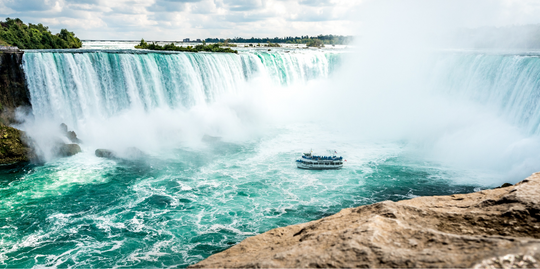
Ontario, Canada is a beautiful province filled with opportunities for outdoor adventure. From hiking and camping to kayaking and snowshoeing, there's something for every type of adventurer. Here ar...
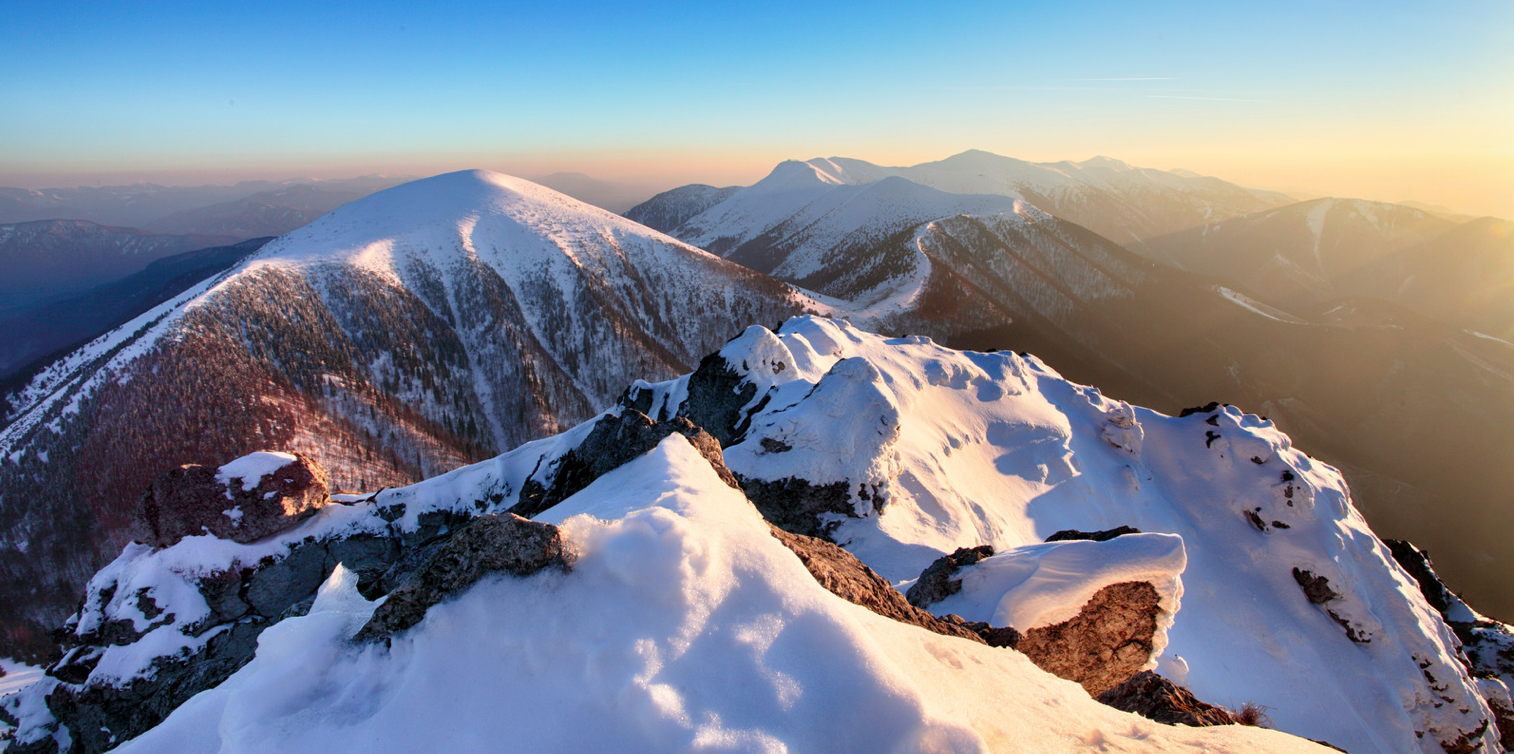
One of the most important considerations when planning a winter or fall camping trip is your clothing. Before heading out, you need to have the right clothing for cold weather camping. In this post...
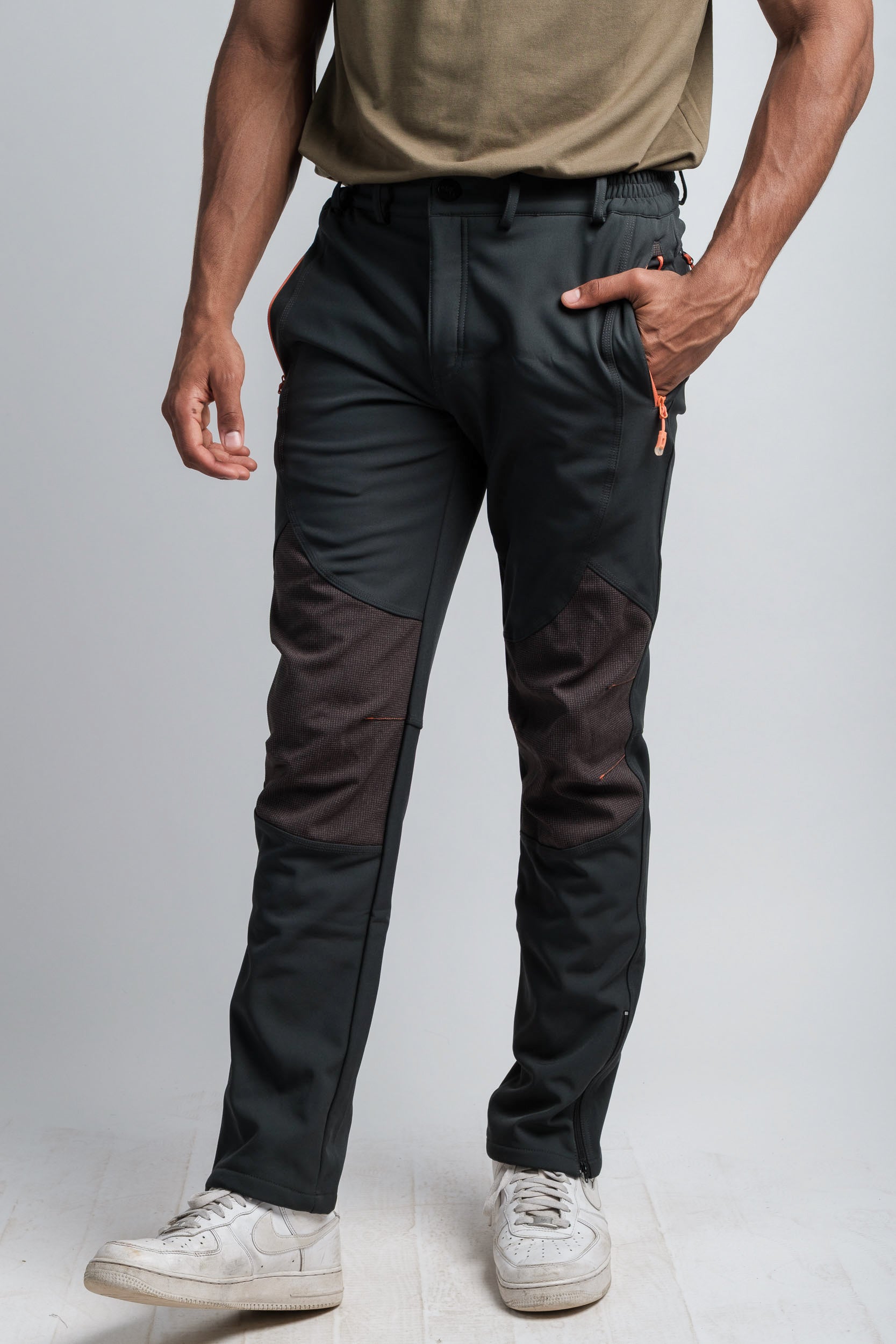
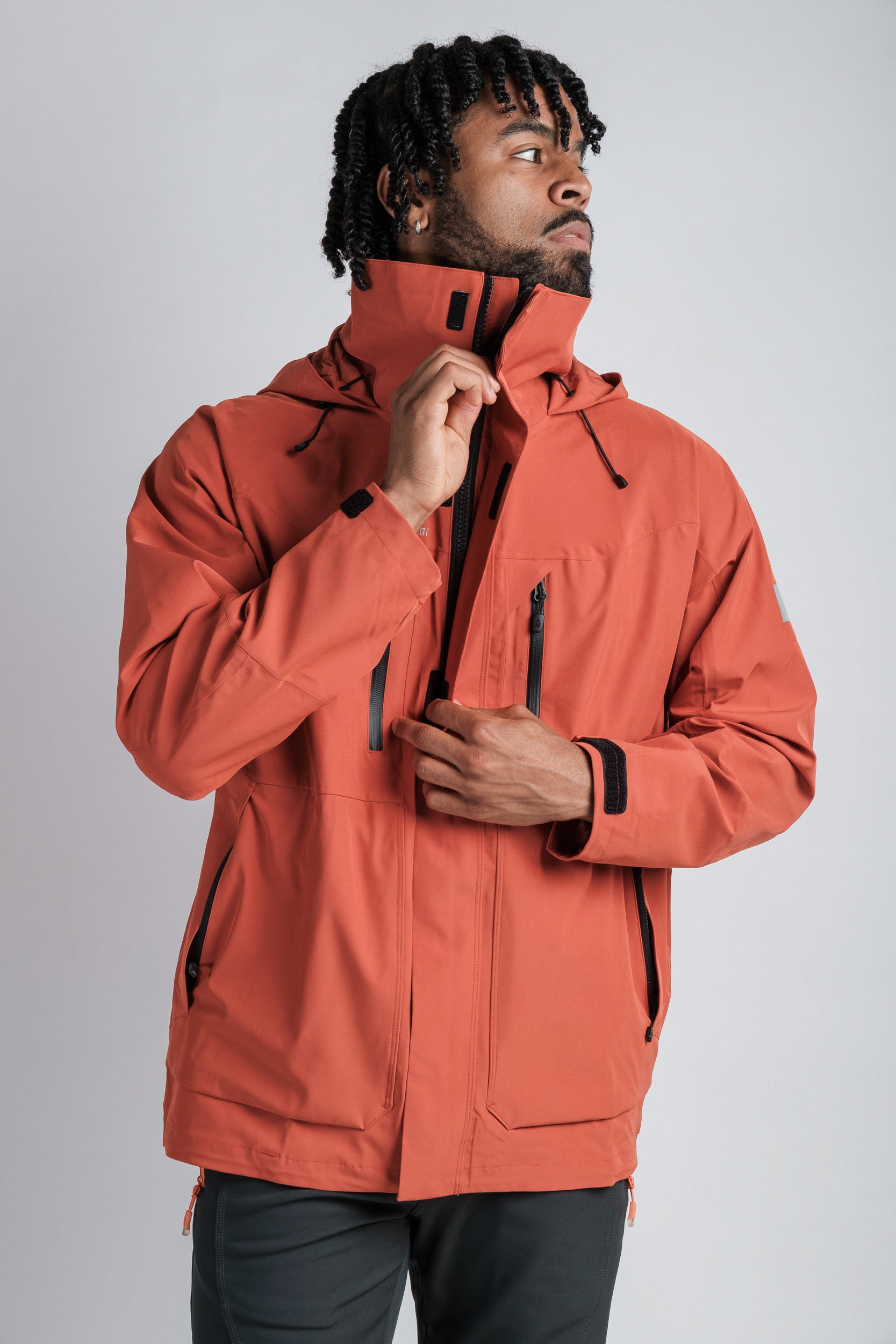

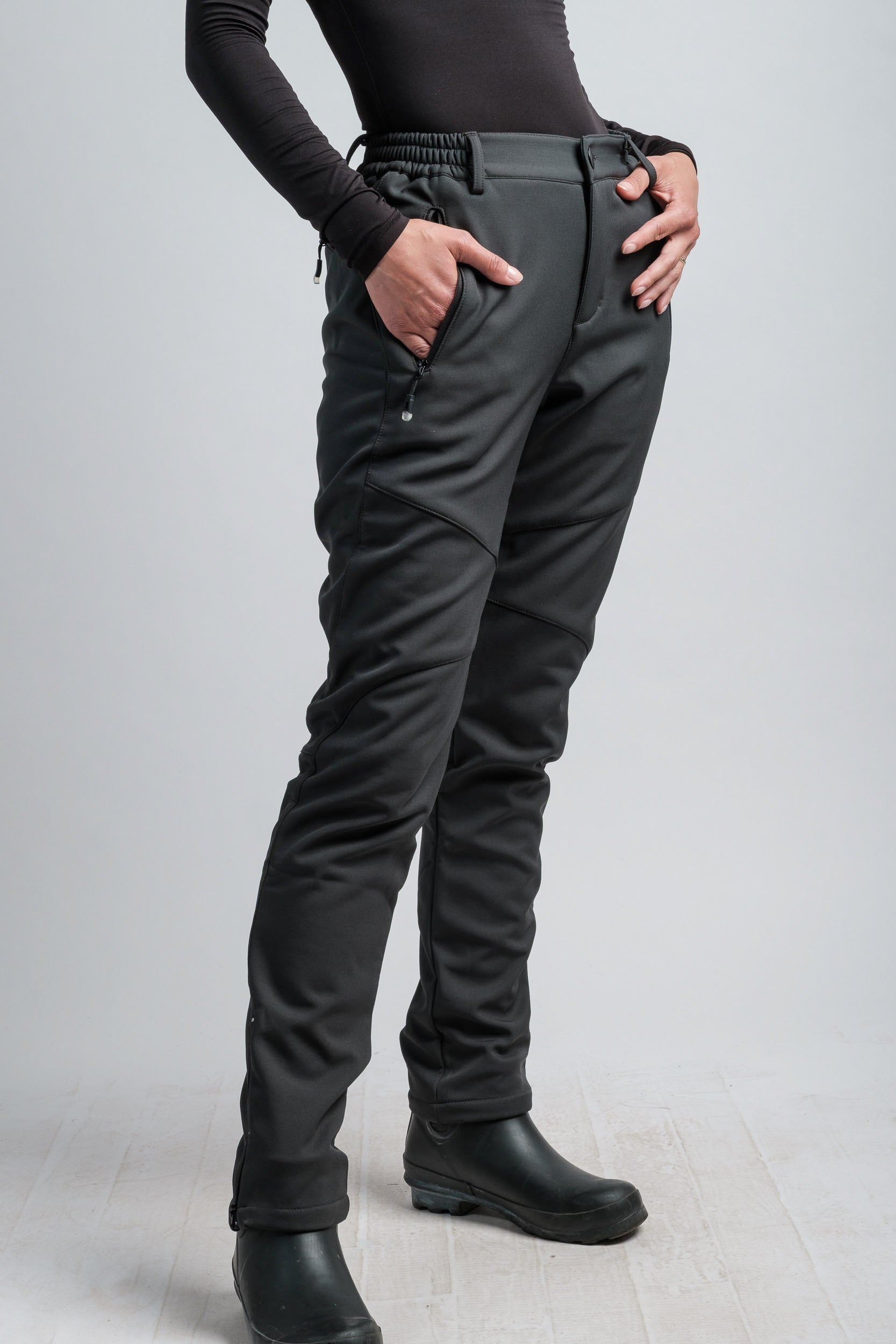
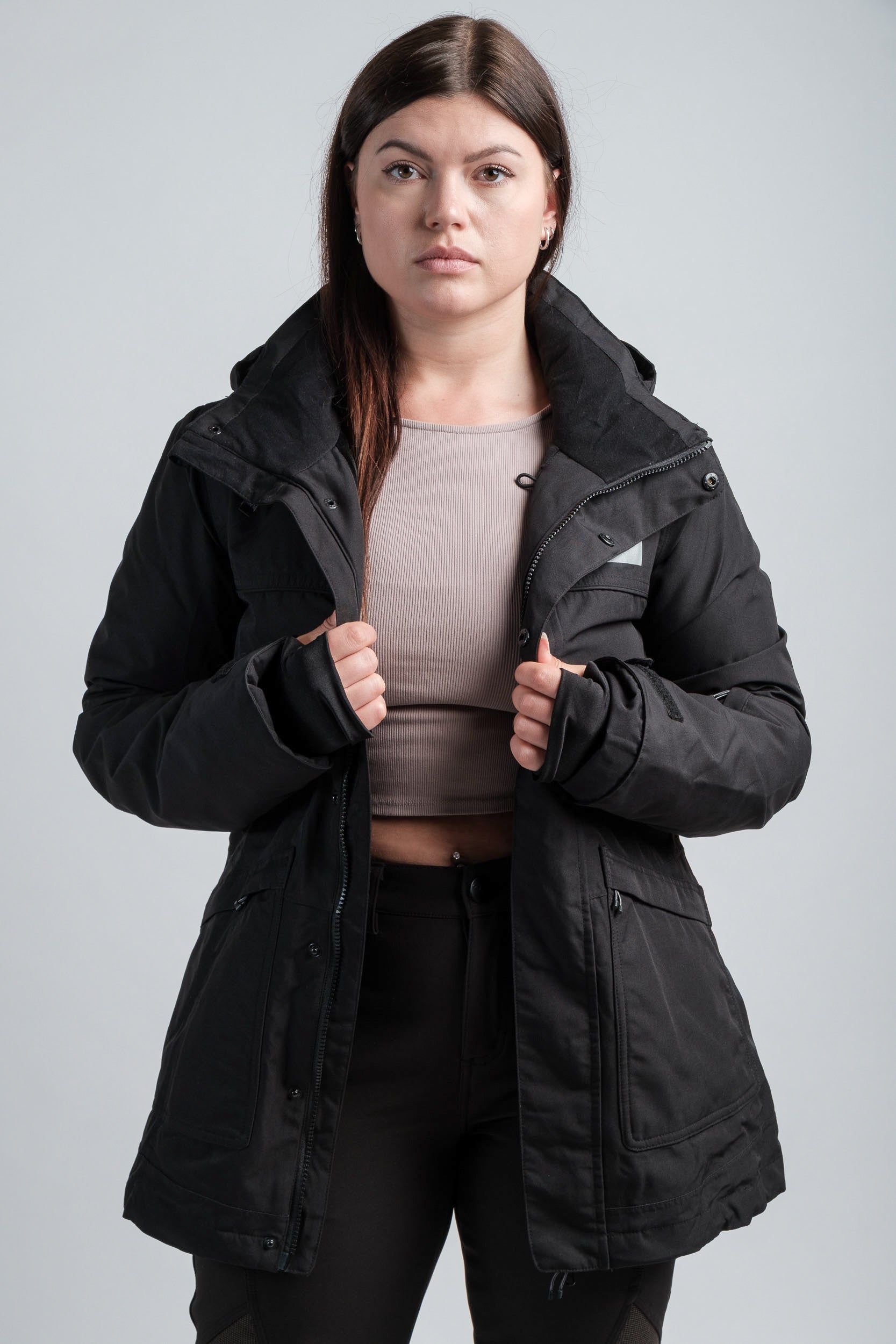
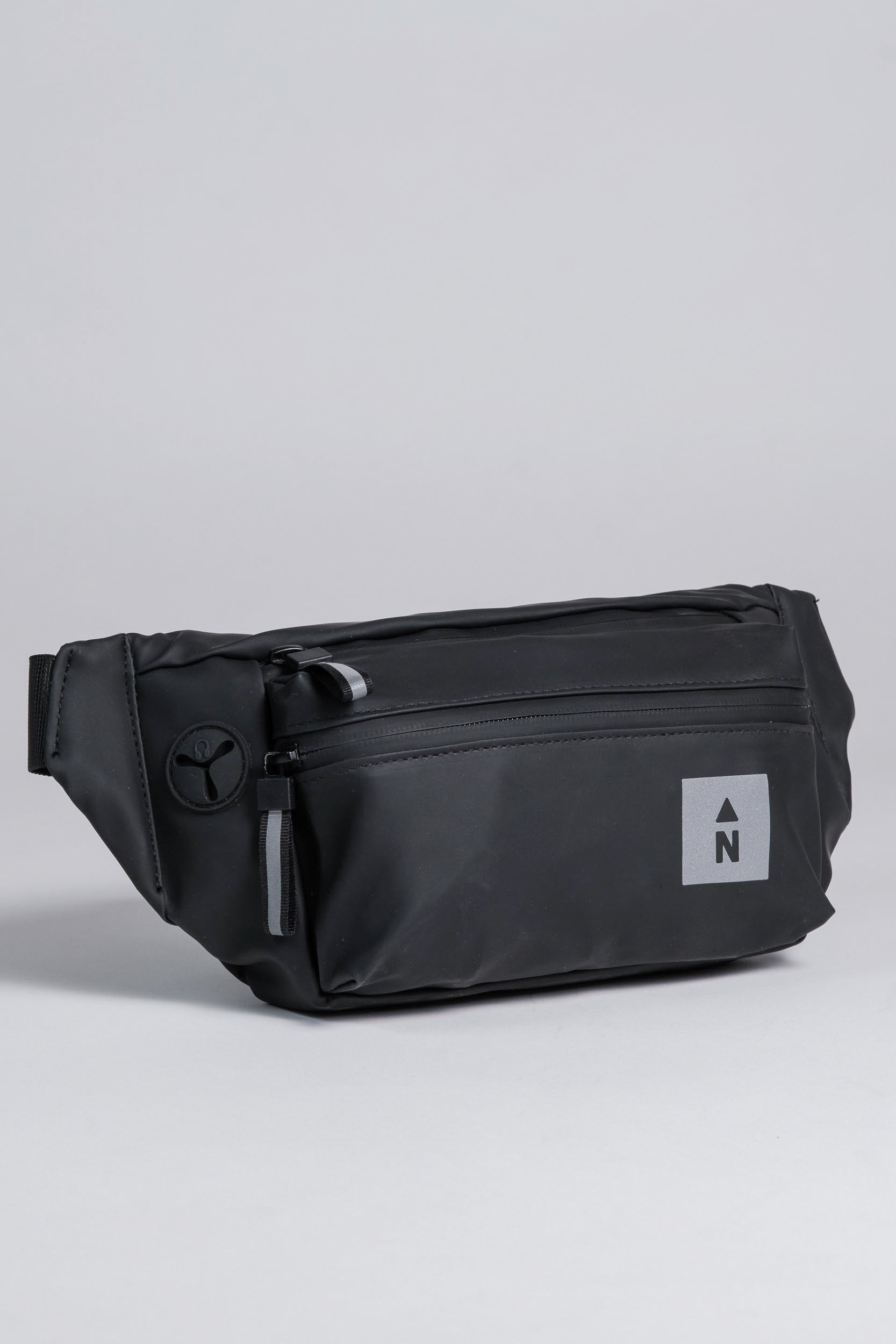
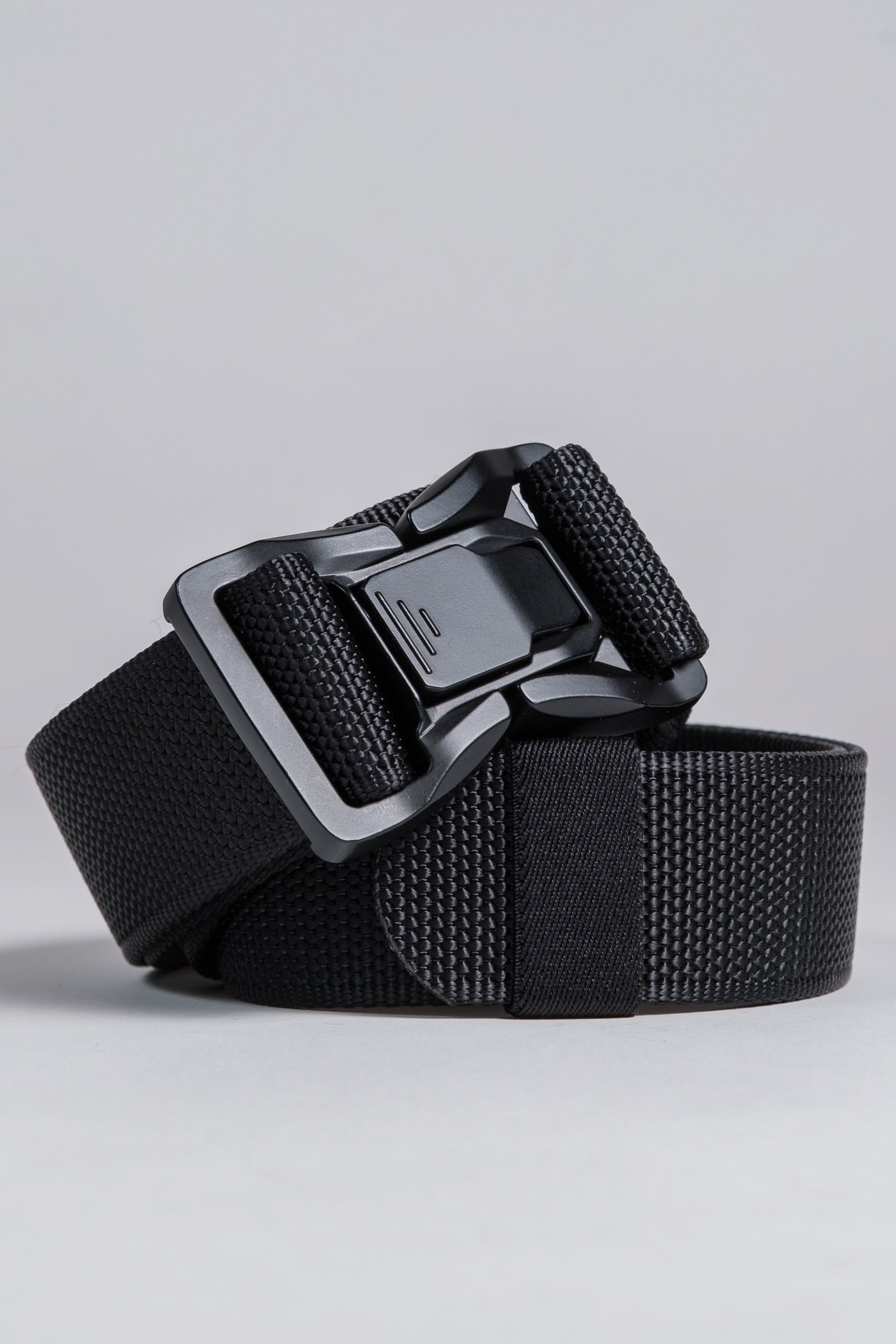
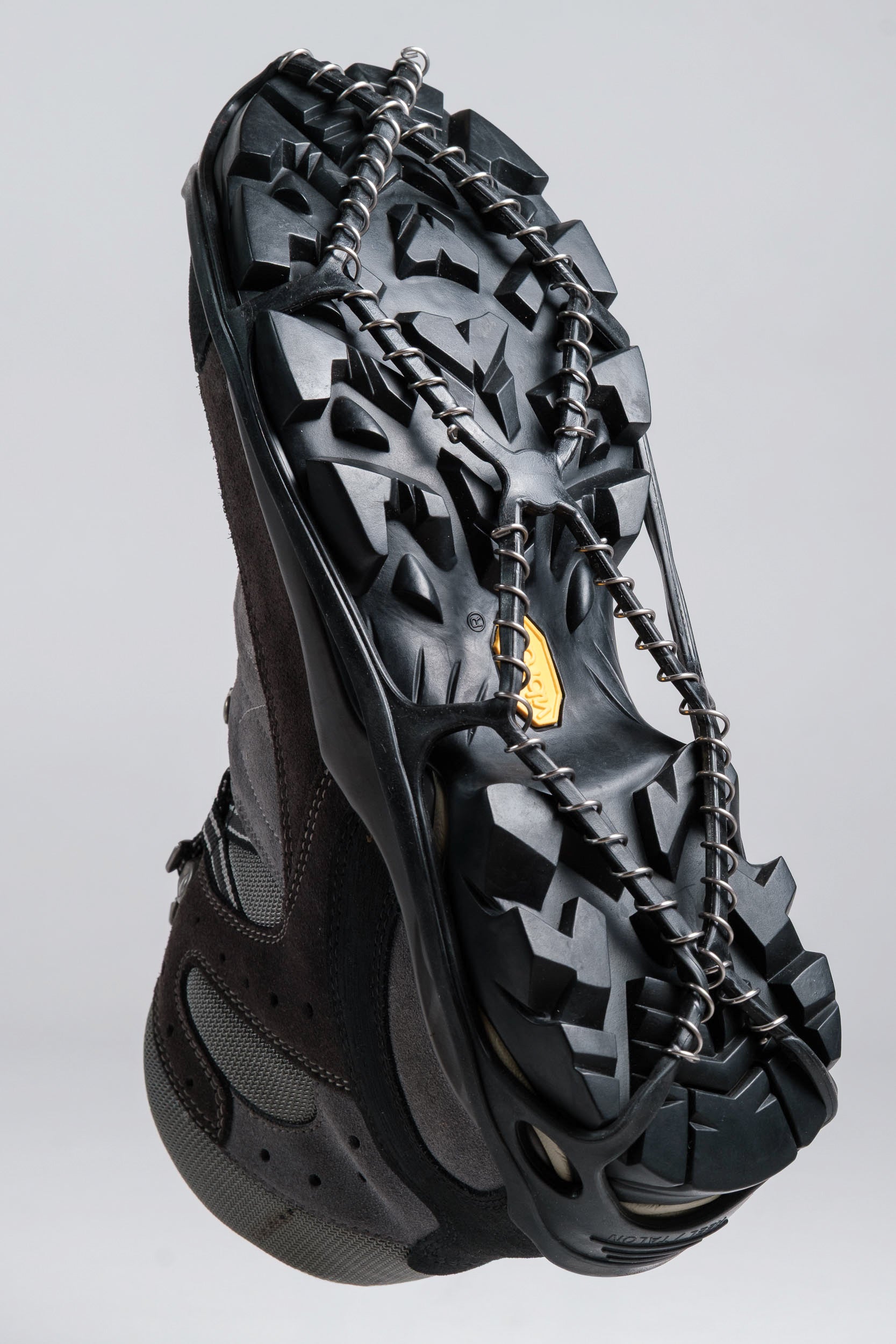
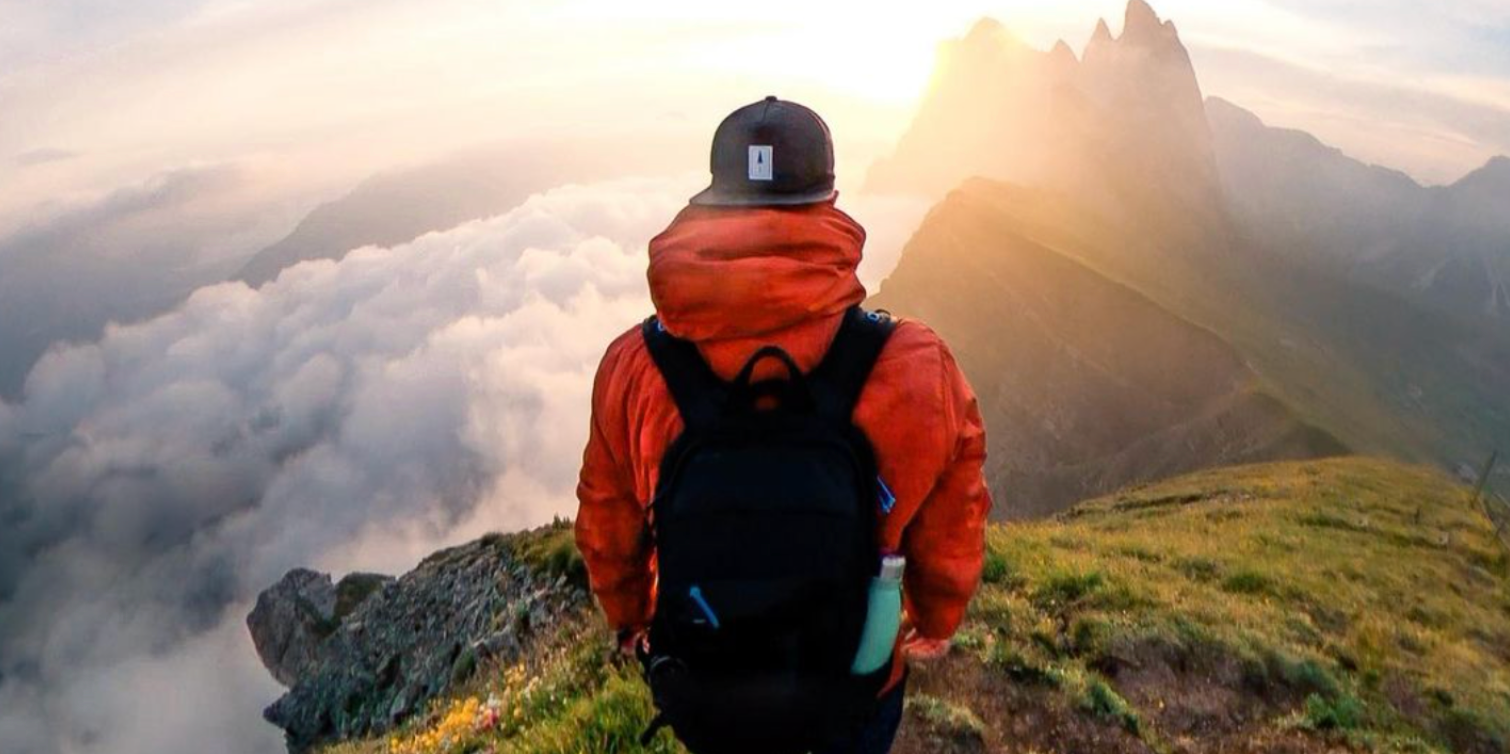
1 comment
Cooking outside in the wind is to rough for me. Indians were more comfortable.
All it takes is a 13 ounce chimney that is centre pole to a all sides tight to the ground tarp to be having fun in any weather.
Google chimpac
Arlen smith
Leave a comment
All comments are moderated before being published.
This site is protected by hCaptcha and the hCaptcha Privacy Policy and Terms of Service apply.